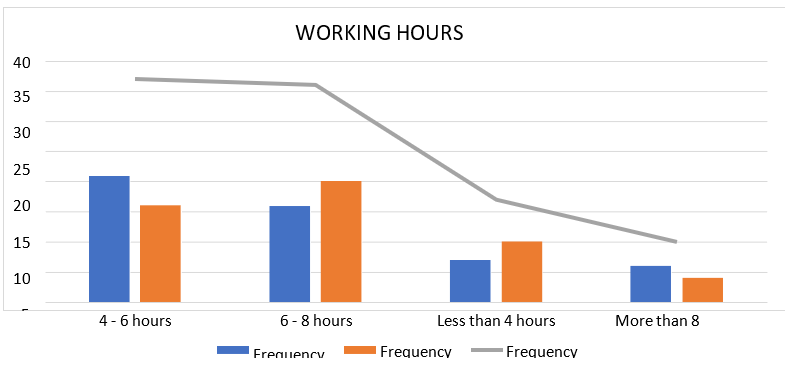
Abstract: This study examines the impact of electronic waste work on the
mental well-being of informal workers in Agbogbloshie and Ashaiman, Ghana two
major recycling hubs notorious for hazardous and unregulated environments.
While extant literature has largely focused on environmental and physical
health consequences, the psychological toll of this work remains insufficiently
explored. Using a mixed-methods design combining surveys (N=100) and interviews
(N=5), this study assesses the prevalence of mental health conditions,
determinants, and coping mechanisms among e-waste workers. Results show a high
prevalence of depression, anxiety, and stress, fueled by long-term exposure to
toxic substances, no use of personal protective equipment (PPE), irregular income,
job insecurity, and social stigma. Coping strategies are mainly informal, such
as dependence on religious beliefs, social support, and alcohol or drug use,
with little use of professional mental health services. The lack of
institutional safety protocols and poor access to healthcare heighten workers'
vulnerabilities. The research emphasizes the synergistic interplay of
socioeconomic adversity and occupational danger that compounds psychological
stress. By synthesizing quantitative findings with workers' personal
narratives, it provides an in-depth perspective on e-waste workers lived
experience. The findings call for immediate culturally competent
community-based mental health services, enhanced safety training, and stricter
regulatory oversight to safeguard and advocate for the well-being of this
vulnerable worker population.
Keywords: Mental health, Vulnerabilities, Coping mechanism, Hazardous, eWaste Workforce.
